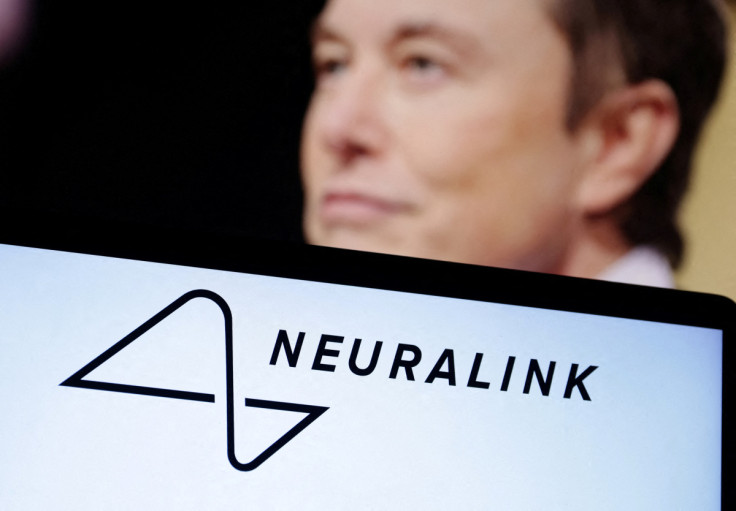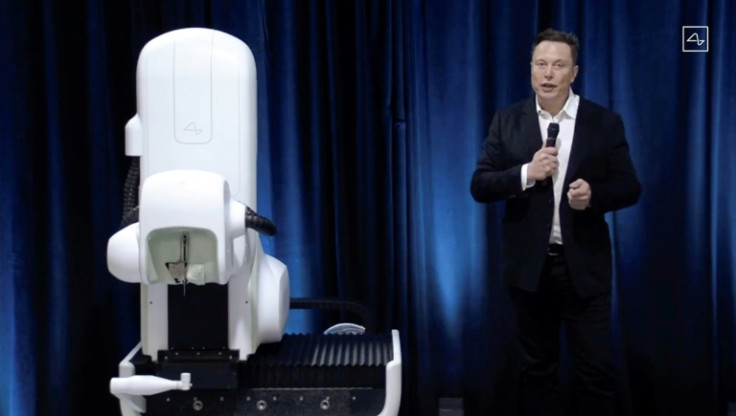First Human To Receive Neuralink Brain Chip Implant Recovering Well: Elon Musk

KEY POINTS
- Neuralink received its clearance for human trials from the FDA in 2023
- Musk said initial results from the implant were "promising"
- There have been allegations of possible Animal Welfare Act violations by Neuralink
Tech titan Elon Musk on Monday said the first human to receive an implant from Neuralink Sunday is "recovering well."
"Initial results show promising neuron spike detection," he announced on X (formerly Twitter), months after the U.S. Food and Drug Administration (FDA) gave the brain-chip startup clearance to conduct its first trial on humans.
The first human received an implant from @Neuralink yesterday and is recovering well.
— Elon Musk (@elonmusk) January 29, 2024
Initial results show promising neuron spike detection.
The National Institute of Health describes neurons as nerve cells that send messages across the human body to allow it to perform various tasks. Spikes, on the other hand, are neuron activity, or basically, how neurons communicate.
Neuralink, which Musk founded in 2016 alongside seven scientists and engineers, announced its first implant trial in September. At the time, the company said that in the study, a Neuralink-developed robot called R1 would surgically insert the implants in the participants' brains.
In its call for participants, the California-based company said "those who have quadriplegia due to cervical spinal cord injury or amyotrophic lateral sclerosis (ALS) may qualify."
Neuralink's ultimate goal is to create a "generalized brain interface" that should restore the autonomy of patients "with unmet medical needs." It also seeks to "unlock human potential."
The implants are "cosmetically invisible" and were designed to allow for computer or mobile device control wherever the individual goes, while Neuralink's R1 robot was specially designed to insert the implants' fine threads where the implants "need to be."

Musk's announcement came just days after Reuters reported that Neuralink was fined for violating U.S. Department of Transportation (DOT) rules regarding the movement of hazardous materials, as per federal agency records reviewed by the outlet.
The agency reportedly found that Neuralink did not follow proper packaging of hazardous waste and it failed to register as a transporter of hazardous material.
Earlier last year, Democratic House Rep. Earl Blumenauer of Oregon and Adam Schiff of California wrote a follow-up letter to the Department of Agriculture, requesting that the agency launch a probe into "conflicts of interest within the panel responsible for overseeing animal testing" at Neuralink.
They previously raised concerns regarding "credible reports" that Neuralink may have violated the Animal Welfare Act.
In September, Musk wrote on X that no monkey that received a Neuralink implant died, adding that the brain chip company's early implants were inserted on terminal monkeys to "minimize risk to healthy monkeys."
No monkey has died as a result of a Neuralink implant.
— Elon Musk (@elonmusk) September 10, 2023
First our early implants, to minimize risk to healthy monkeys, we chose terminal moneys (close to death already),
© Copyright IBTimes 2024. All rights reserved.






















